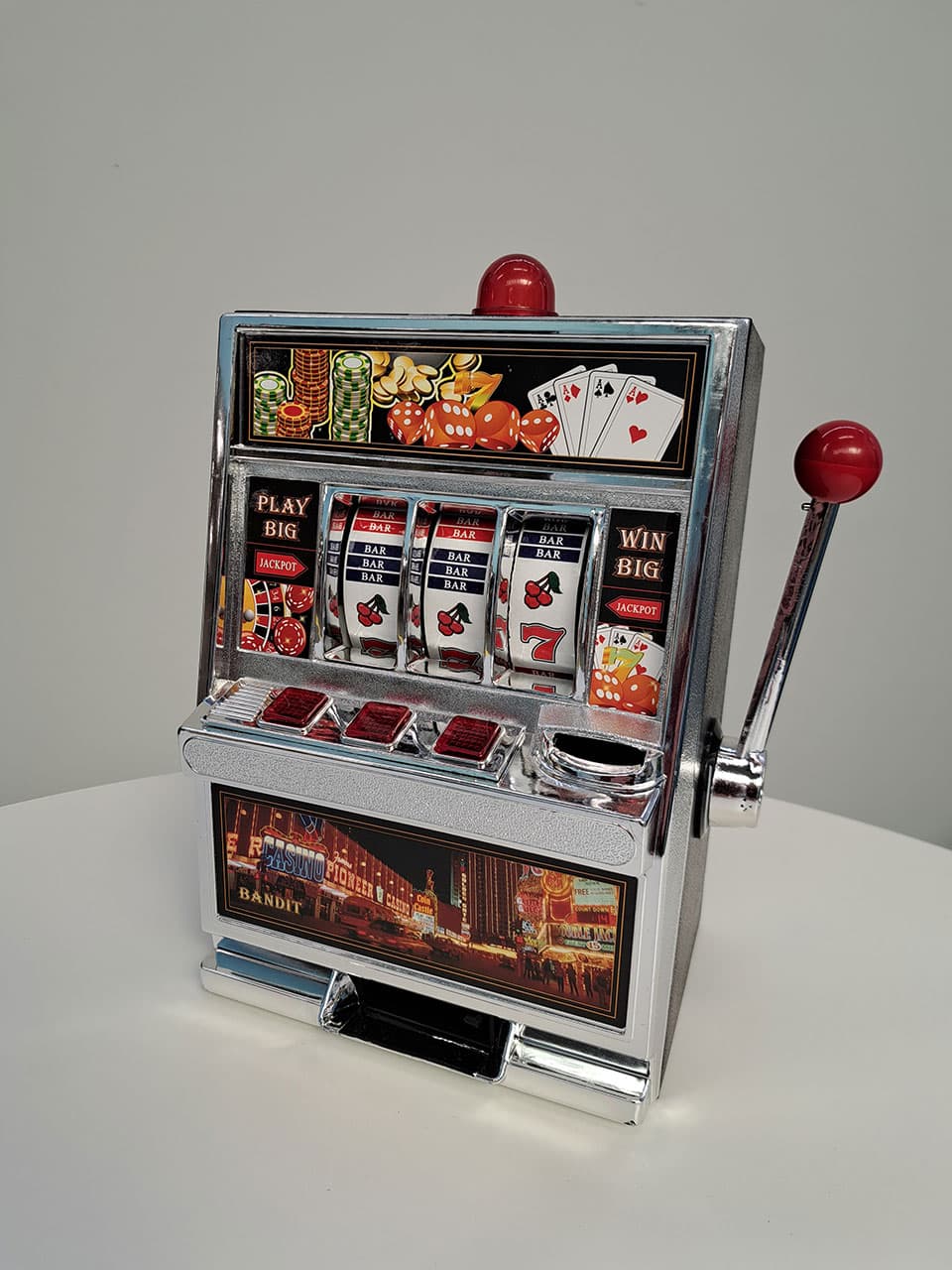22. Gambling Machine
Professor Sarah Mills
The global gambling industry is worth around a trillion US dollars.
There is an economic and legal geography to gambling, with different countries operating different policies and regulations as part of a global market. There are also social and cultural geographies that help us to understand the role of gambling in different cultures and societies, including the experiences of individuals and families, as well as links to public health.
Sarah’s new research examines the political dimensions of gambling and one of the fastest growing markets: betting on elections. UK consumers are gambling on the outcomes of elections and individual candidates more than ever before, making it an ideal case-study of a global phenomenon.
Her new project examines how the gambling industry imagines political futures and explores the role of political betting advertising. There is an urgent need to better understand this topic, especially given the worrying rise of ‘insider knowledge’ bets during the UK’s 2024 General Election.
Sarah’s research maps gambling markets connected to political events and candidates, analyses secondary data including gambling adverts, and conducts interviews with vital stakeholders. This builds on her previous collaborative research on gambling style systems in digital games, with different countries around the world grappling with how to regulate these features and their potential impacts, especially for children and young people.
Going forward, Sarah’s focus will be on election betting and how this growing trend in the gambling industry shapes wider political questions about democracy and trust.
